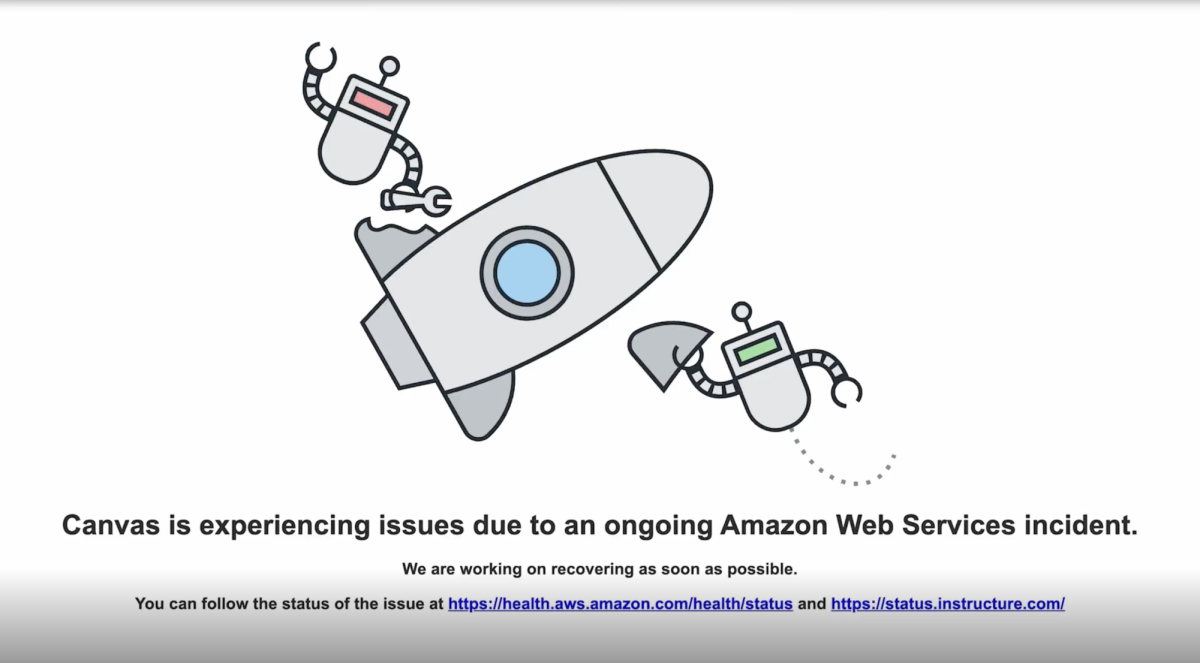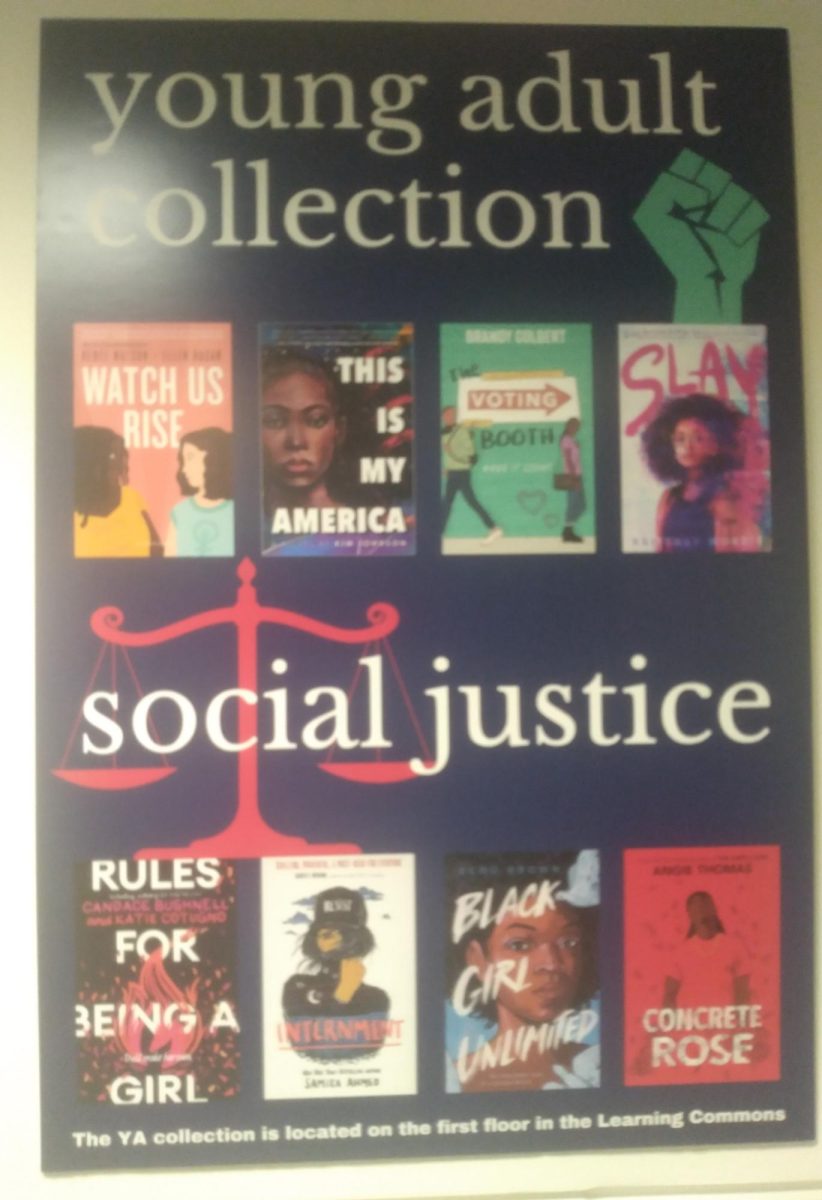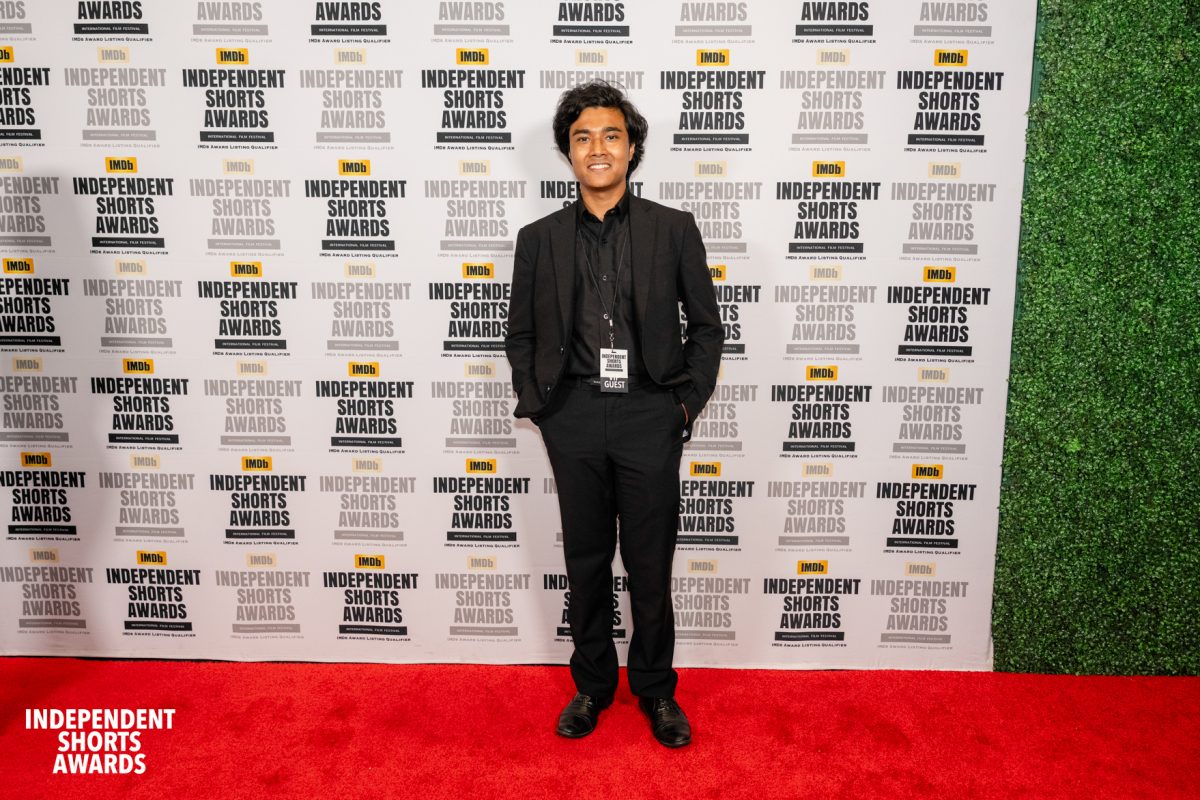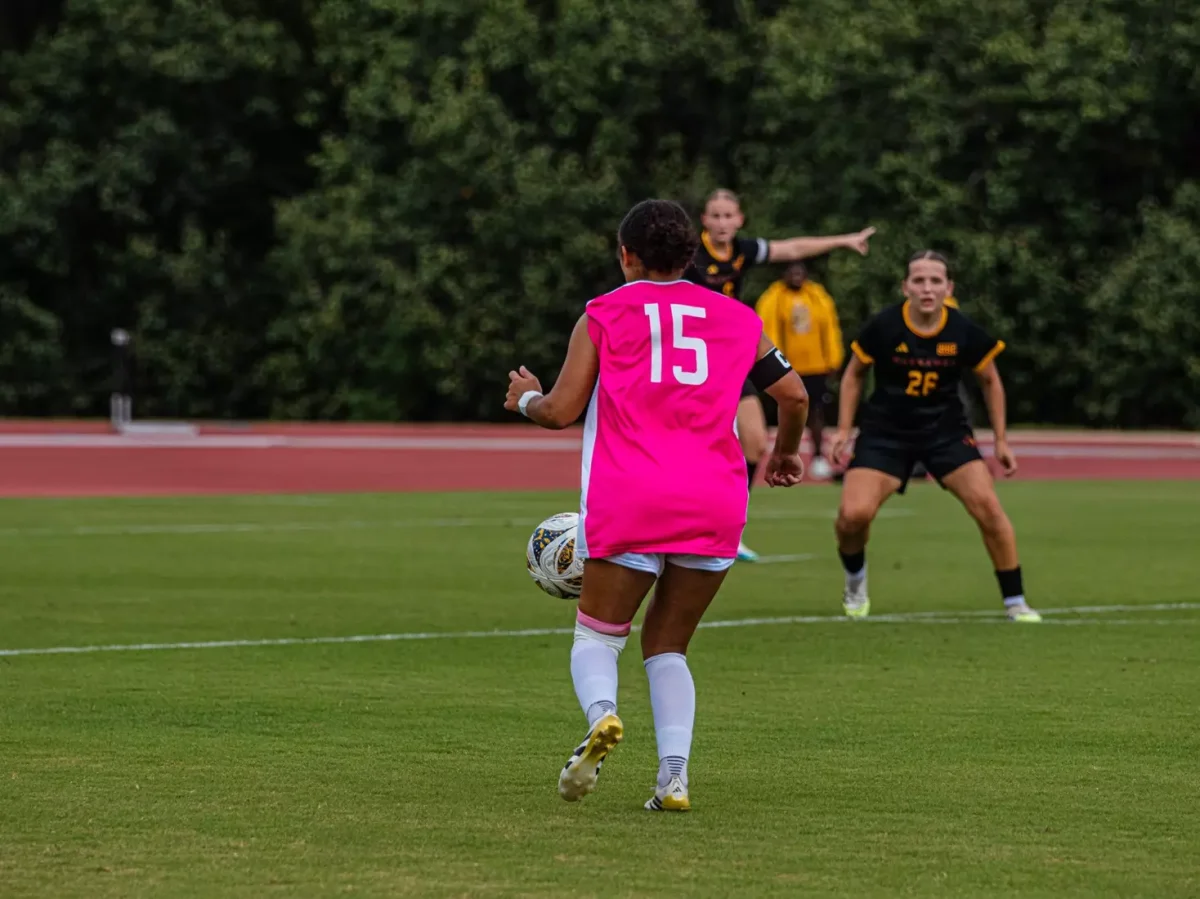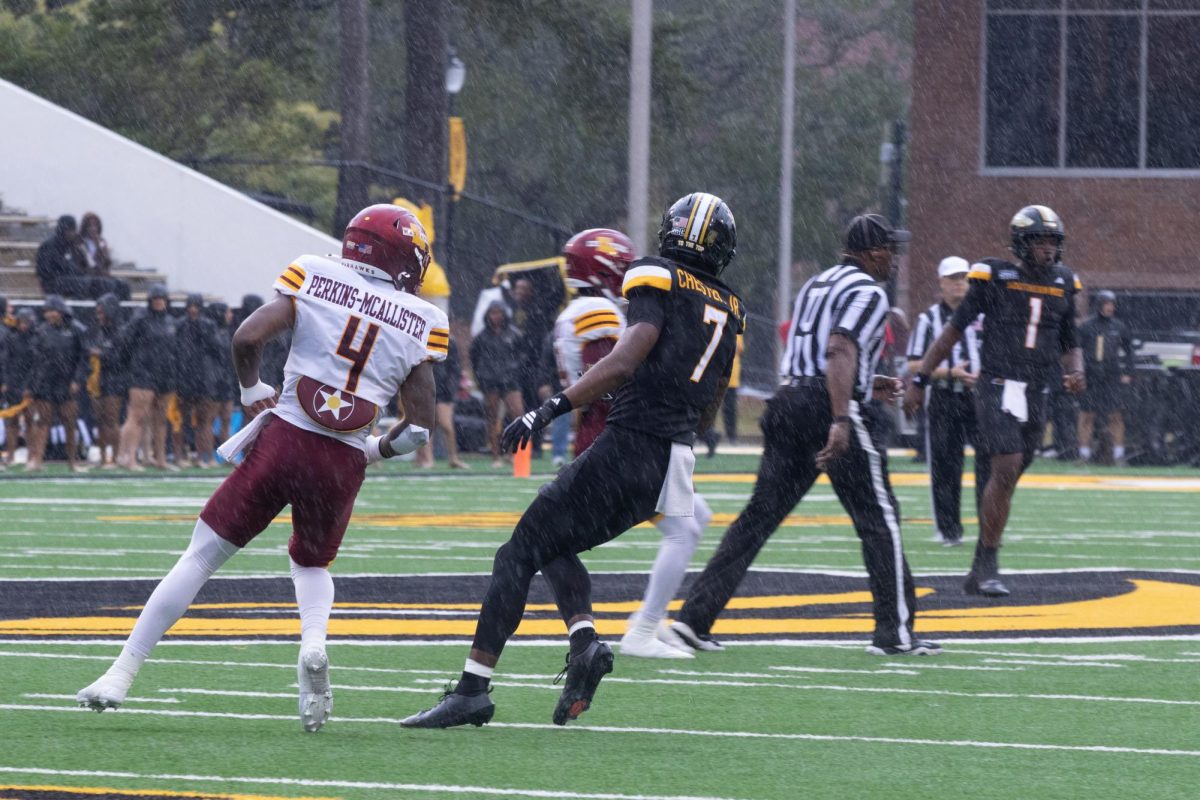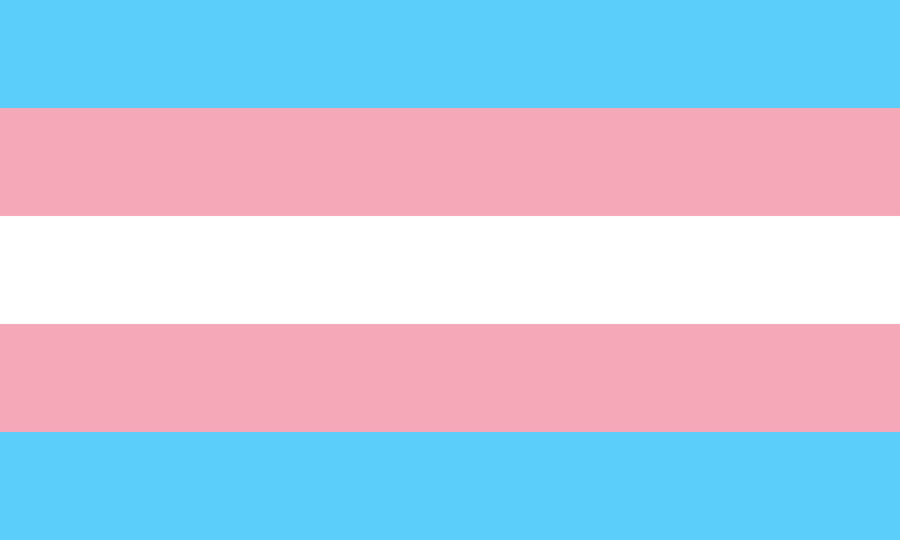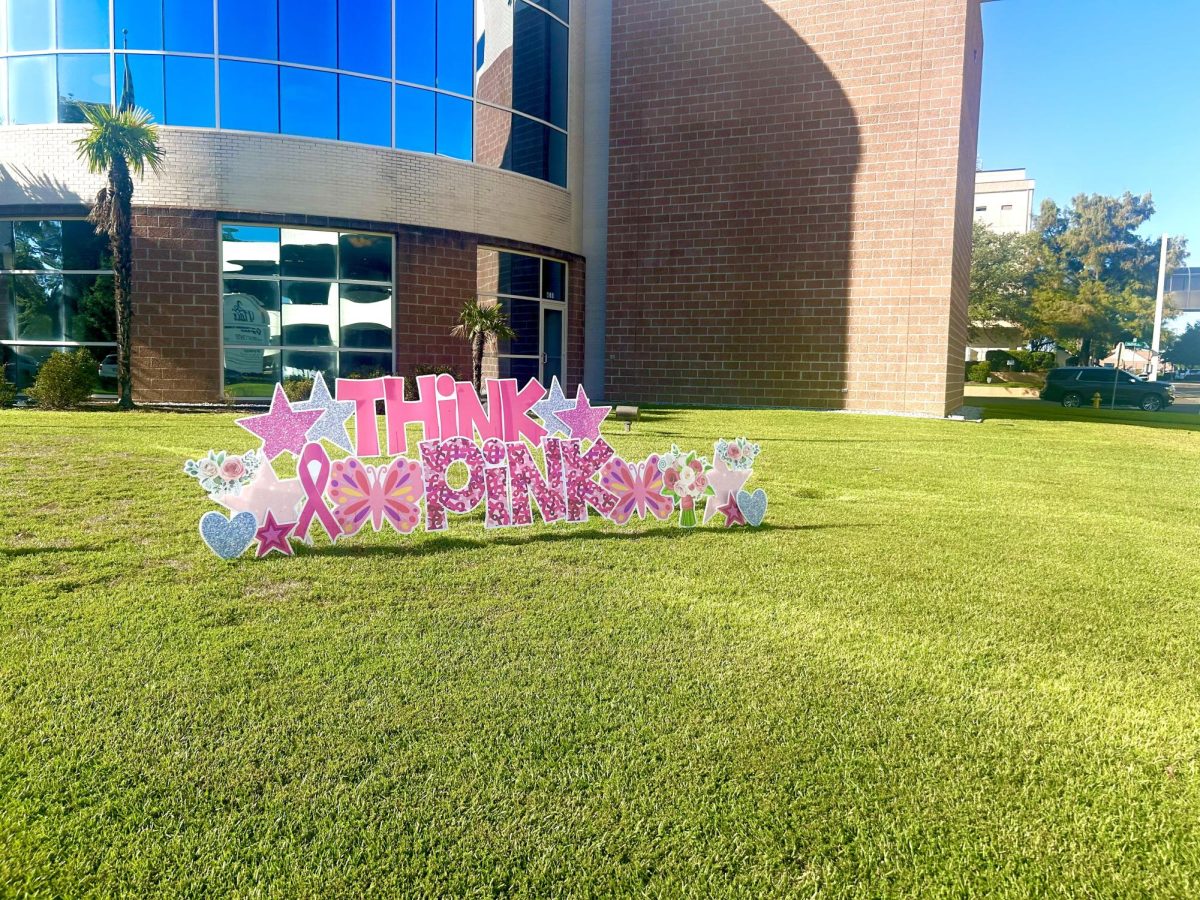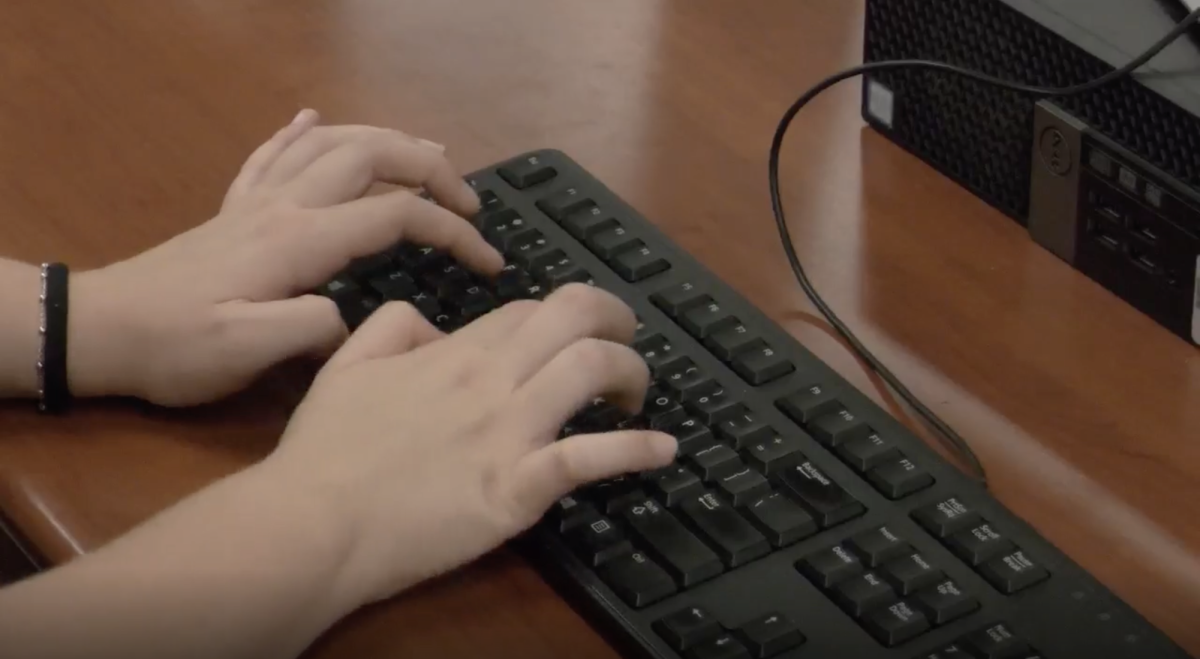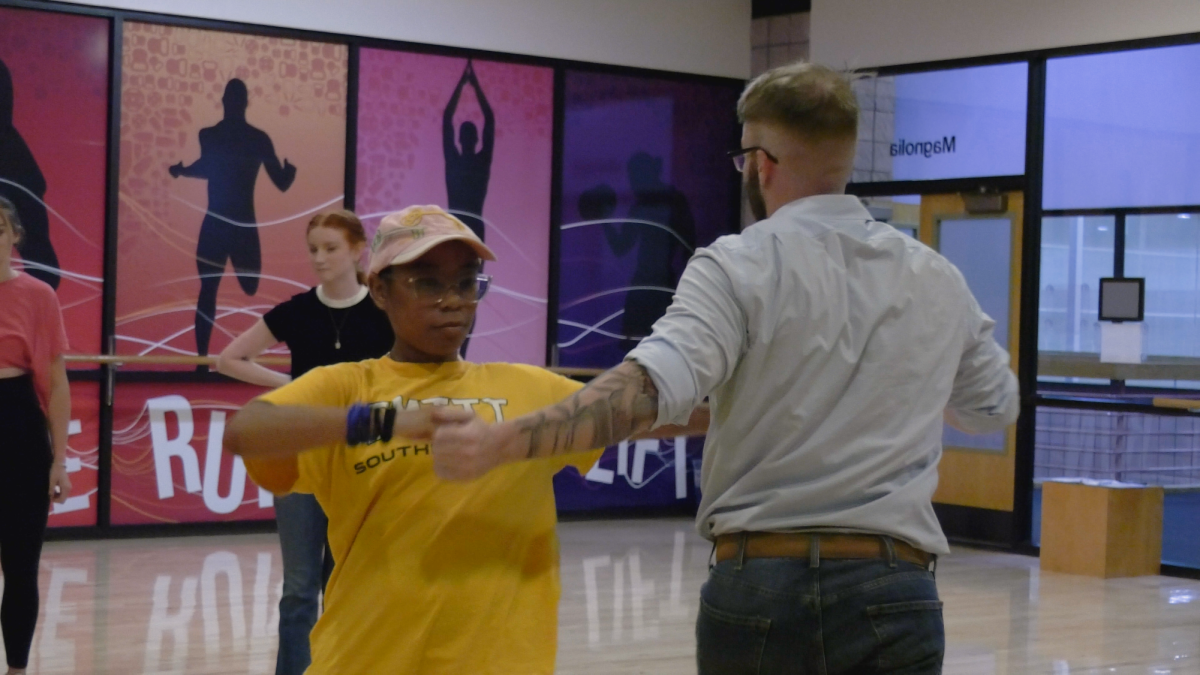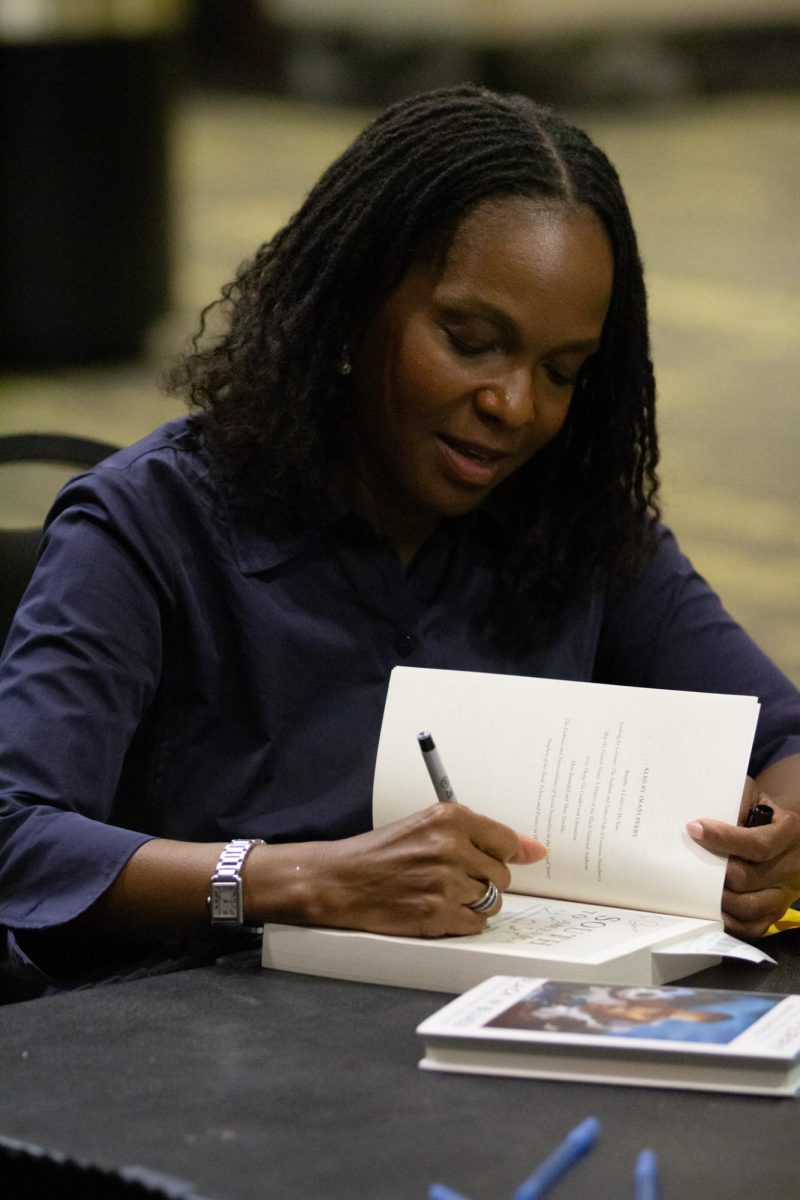Nov. 20 marked the Transgender Day of Remembrance, where people gather to honor transgender individuals who have lost their lives due to LGBTQ+-related violence.
Alex Saucier, a junior psychology student, said it is dangerous to be a transgender man and that the Transgender Day of Remembrance spreads awareness.
“It can be a very dangerous thing to be transgender, even in America,” Saucier said. “This day highlights the persistence, strength and courage of people who were just trying to live as their true selves before they were murdered.”
Twenty-two transgender people have been murdered so far in 2018, according to a report from the Human Rights Campaign.
Southern Miss graduate Jack Elliot said Nov. 20 is also a day for mourning “the lives lost due to hatred and judgment.”
“It is a day where we remember to fight for those who cannot fight for themselves,” Elliot said. “We stand up for individuals so far back in the closet—their voices are muffled.”
LGBTQ+ violence affects not only the community but also those who have friends and loved ones within that community.
Sophomore foreign language licensure major Korina Lopez said violence against the LGBTQ+ community stops everyone from expressing themselves.
“I have not expressed myself to the fullest capacity,” Lopez said. “My transgender friend, for example, had their mother tell them, ‘Oh, you’ll always be my daughter,’ but they identify as a male. They are just waiting for the freedom so that they can express themselves.”
Saucier and Elliott both said that the first step to becoming an LGBTQ+ ally is to use preferred names and pronouns.
“Do not use their pronouns to your convenience,” Elliot said. “They are not preferred. They are expected. If you truly cared about a person and their wellbeing, you wouldn’t want to hurt them.”
Saucier also recommends attending Allies Training through the Prism Center on campus.
“Please think before you ask extremely personal questions. Please don’t let people around you say transphobic or homophobic slurs or put-downs,” Saucier said.
There is a lot that people can do to become LGBT+ allies, but education and empathy are essential. “I feel like people should try and be more willing to understand. People can try and be more empathetic. They also need to educate themselves,” Lopez said.
Elliot and Saucier both said they did not choose to be transgender. “We did not choose to wake up every day, look in the mirror and feel disconnected somehow,” Elliot said. “Trust me—it’s a terrifying reality for many. Trans people change their bodies to match their mindsets because they love themselves enough to finally free themselves from the pain and dysphoria.”
“No one would choose to go through this if they had a choice,” Saucier said.
Saucier said LGBTQ+ individuals in Mississippi do not have laws that protect against discrimination against their gender identity and sexual orientation.
“HB 1523 was the law implemented a few years ago that reaffirmed that a job could fire me or refuse to hire me because I am transgender,” Saucier said. “A landlord could refuse to lease to me or cut the lease agreement because I am transgender. Hospital personnel could refuse to treat me because I am transgender.”
“Please think about us in the voting booths,” Saucier said.
Pine Belt Pride and the Spectrum Center held an event for transgender individuals who have been victims of violence from 7-9 p.m. on Nov. 20 in the Spectrum Center.





